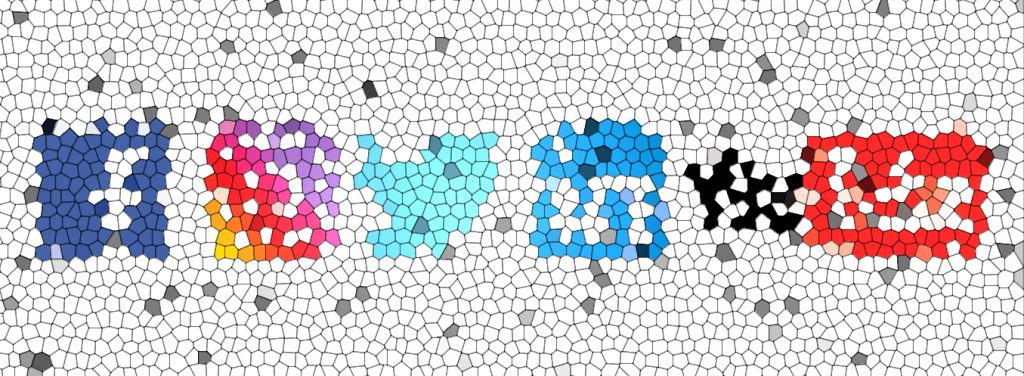
Digitized Koffee With Nick
Does Social Media Affect Your Mental Health?
By Nick Kossovan
Recently, my sister-in-law mentioned her optometrist told her that vision problems have dramatically increased amongst 14 – 21 year-olds due to constantly staring at screens. I wasn’t surprised.
Increased social media usage is responsible for the rise in several physical health issues: obesity (reduced physical activity), eyestrain (screen glare), musculoskeletal issues (poor posture), and disruptive sleep (using technology close to bedtime).
However, the FAQ I get asked most often is: “Nick, do you feel social media affects mental health?”
My short answer: Yes, it does.
Any medium requiring mental attention, be it listening to the radio, watching a movie or Netflix series, looking at a painting, or reading this column, affects mental health. It is common knowledge that our nutritional diet affects our physical health. The same is true for our mental diet. What you consume mentally impacts your mental health. For example, fashion magazines influence self-esteem (body image).
Social media’s adverse effects on mental health include increased risk of anxiety, depression, and reduced self-worth. The importance of being aware of how social media usage can affect your mental health can’t be overstressed. For young kids and teens, who are often exposed to cyber-bullying, this awareness is critical.
Here are few mental health issues to watch out for. Use the following to gauge whether dialling back your social media usage would be beneficial.
It’s addictive.
Excessive use of social media (a sign of addiction) leads to neglect of personal life, mental preoccupation, escapism, avoidance and concealing the addictive behaviour.
It triggers sadness.
The more we use social media, the less happy we seem to be. A study found that Facebook use was linked to both less moment-to-moment happiness and less life satisfaction. The more people who used Facebook, the more these two variables dropped off.
Comparing your life with others is mentally unhealthy.
Part of the reason social media makes people feel socially isolated is the comparison factor. We fall into the trap of comparing ourselves to others as we scroll through our feeds making judgements about how we measure up. As I mentioned in an earlier column, social media boils down to “look at me.” Keep in mind over 95% of social media posts are designed to attract attention. Bragging, be it posting an expensive restaurant dinner, being in Punta Cana, or a new vehicle purchase, is a common method used to garner “look at me” attention.
It can lead to jealousy.
Comparison, as mentioned above, often leads to jealousy. As hard as it is to admit, seeing other people surrounded by friends, enjoying a day out with their family, or having just landed a great job is envy-inducing. Here’s the rub: Feeling jealous can make you want to make your own life look better and post your own jealousy-inducing posts in an endless cycle of one-upping.
We get caught in the delusion of thinking it will help.
Ever wonder why some people keep coming back to social media, even though it doesn’t make them feel incredibly good? Yes, FOMO (Fear of Missing Out) is one reason. There’s also what’s known as a forecasting error: Like a drug or food, we think getting a fix will help, but it makes us feel worse, which is an error in our ability to predict our own response. This repetitive pattern in behaviour eerily mirrors the pattern in other types of addiction.
Having more friends on social media doesn’t mean you’re more social.
TRUTH BOMB: Having a large number of friends and followers on social media doesn’t mean you have a great social life. Loneliness is linked to a myriad of health and mental health problems (including early death). Virtual friend time doesn’t have the therapeutic effect that time with real friends has. As lockdown restrictions lift, get out and reconnect!
Of course, there are many benefits to social media. It keeps us connected, you can find people we’ve lost touch with, and you can share ideas and views (unfortunately, if you post a view not shared by the majority, this often leads to negative comments, thus creating angst).
There’s truth in the quote attributed to Aesop: “It is possible to have too much of a good thing.” The key to a healthy lifestyle is everything in moderation—that includes social media usage.
~ Nick Kossovan is the Customer Service Professionals Network’s Director of Social Media (Executive Board Member). Submit your social media questions to nick.kossovan@gmail.com.
